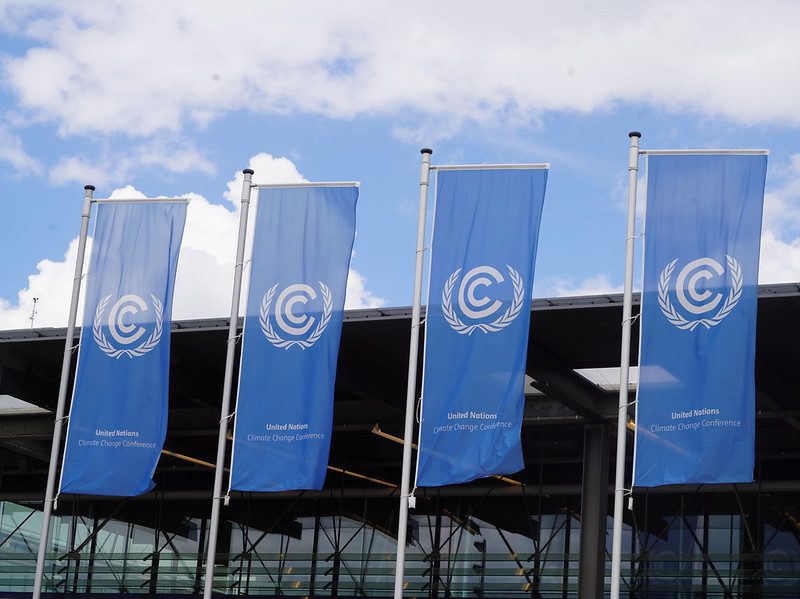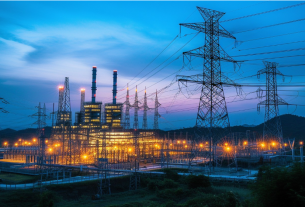
Bonn is the headquarters of the United Nations Framework Convention on Climate Change (UNFCCC) – the secretariat of the international treaty fighting climate change. The city hosts an annual in-person meeting where countries advance their discussions at technical level so that important political decisions can be made at the annual Conference of the Parties (COP).
The European Commission represents the European Union at the negotiations as a Party to the UNFCCC and the Paris Agreement. A small delegation of around 30 staff cooperates with representatives from all 27 EU Member States to present the unified EU positions on the various negotiation items.
Following up on the Global Stocktake
This year’s Bonn session follows COP28 in Dubai, where countries worked to finalise the first Global Stocktake of the Paris Agreement. Over the past 10 days, there were preliminary discussions on what was learned from the stocktaking process, how the results will be implemented and how the process can be improved. Divergences still exist with regards to the scope of follow-up dialogues that can support the implementation of the overall outcomes of the Global Stocktake.
A focus on climate finance
Before the Bonn session opened, the Organisation for Economic Co-operation and Development (OECD) confirmed that, in 2022, developed countries provided and mobilised a total of USD 115.9 billion in climate finance for developing countries, exceeding the annual USD 100 billion goal which developed countries had committed to mobilising per year for 2020-2025. With public finance of over USD 30 billion and further private finance mobilised, the EU and its Member States contributed over a third of that total.
In Bonn, attention turned to setting a new climate finance goal after 2025, the main mandated deliverable of COP29 in Baku, starting from a floor of USD 100 billion and taking into account the needs and priorities of developing countries. Details of this New Collective Quantified Goal on Climate Finance (NCQG) should be decided at COP29. However, discussions in Bonn helped to further identify options on the elements of the new goal.
Sustainable food systems
Food systems are an often overlooked topic in climate negotiations, but this year’s Bonn session did see negotiators agree on a roadmap to discuss climate action for agriculture and food security. With this framework in place, Parties will now be able to start work in Baku, putting the elements in place to help create a global climate-smart food system.
Nationally Determined Contributions
In the run up to the Bonn session, UN Climate Change Executive Secretary, Simon Stiell, had emphasized that countries’ new climate plans will be the “most important climate documents produced in this century”. Next year, all Parties to the Paris Agreement are due to submit new Nationally Determined Contributions (NDCs) covering post 2030 efforts to reduce emissions in line with the Paris Agreement goals. They should include economy-wide, absolute reduction targets, cover all greenhouse gases, and be aligned with the 1.5°C target building on the energy transition goals agreed in Dubai.
We appreciate the efforts of the Troika of COP Presidencies – UAE, Azerbaijan and Brazil – in promoting the design of ambitious NDCs critical to making the upcoming round meet the criteria of demonstrating progression and the highest possible ambition.
What’s next?
The Bonn session leaves us with some confidence that the vast majority of developed and developing countries are determined to follow up on the agreed global mitigation efforts and keep driving global ambition. Still, the action and ambition of major emitters is critical for keeping 1.5˚C alive.
The EU is committed to sustained international climate diplomacy and a sincere cooperation in the next months to work for a successful outcome at COP29. The EU looks forward to continued good cooperation with the incoming Azerbaijani Presidency and all Parties in the pursuit of more ambitious action to tackle the climate crisis.
